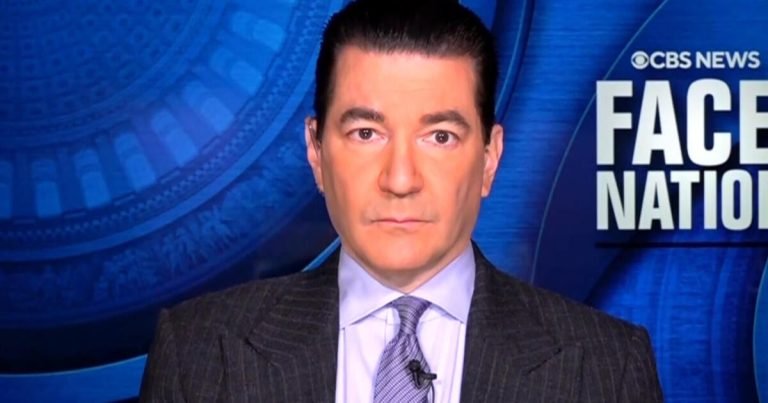
Q: Our HOA board did not notify the membership that there were no nominations, then they secretly submitted their nominations on the day nominations closed. They voted themselves back in by acclamation. However this was not documented in any agenda or in any meeting minutes. Does this invalidate the “vote by acclamation” and in turn invalidate their seats? Many of us want these board members to step down but they have refused to acknowledge the recall petition. Another question: are directors allowed to see who signed a recall petition?
—P.S., Orange.
A: The relatively new procedure of Civil Code Section 5103, allowing for election by acclamation, requires compliance with all of its requirements for a valid election by acclamation. The statute requires various notices be sent to all members, to nominees, and to nominators, and Civil Code Section 5103(e) requires the acclamation occur in an open board meeting, with an agenda notice listing each candidate to be so seated.
You indicate that the board declared themselves reelected without an agenda or open board meeting. That would violate Section 5103(e), rendering the purported acclamation invalid. However, the irony is that the directors still would serve on the board until there is a valid election. Your HOA is experiencing turmoil, as you reference a recall petition, so I hope it has strong legal counsel who will not take sides (even if it means they might lose a board who appreciates them), and make sure the recall process runs fairly and properly.
Corporations Code Section 7510(e) allows 5 percent of the members to petition the call of membership meetings. As part of the HOA minutes, members can inspect the petition, so it would not be confidential from the board or the rest of the members.
The board’s strategy was made possible by the lack of volunteers.
Q: Can an HOA Board use proxies to prevent adjourning the meeting, thus preventing a valid election from occurring? The board solicited proxies to keep the current board in place, and to prevent adjourning the meeting to another date in time. This tactic was used by the board to prevent adjourning the meeting to a reduced quorum of 25 percent to move forward with the election.
— E.D., Orange.
A: Many HOA bylaws contain provisions under which, if insufficient members participate to meet quorum (minimum participation to allow membership action) requirements, the members present may vote to adjourn the meeting to another date with a lower quorum requirement, often 25 percent. In 2024, even if the HOA documents do not provide for this “drop-down quorum,” a new subpart (5) added to Civil Code 5115(b) will allow boards to schedule a second attempt for a directors election with a new quorum requirement of 20 percent.
Boards should not be playing tactical games like what you describe to preserve their power. It’s a volunteer position, and if the community would prefer different leadership, egos need to be set aside in favor of the HOA’s democratic process. Boards using proxies to resist setting a reduced quorum meeting, thereby guaranteeing they keep their board positions until a proper election occurs, will lose the trust of their HOA community. If a community loses faith in their volunteer leaders, the HOA suffers.
Kelly G. Richardson, Esq. is a Fellow of the College of Community Association Lawyers and Partner of Richardson Ober LLP, a California law firm known for community association advice. Submit column questions to kelly@roattorneys.com. Past columns at www.HOAHomefront.com.





